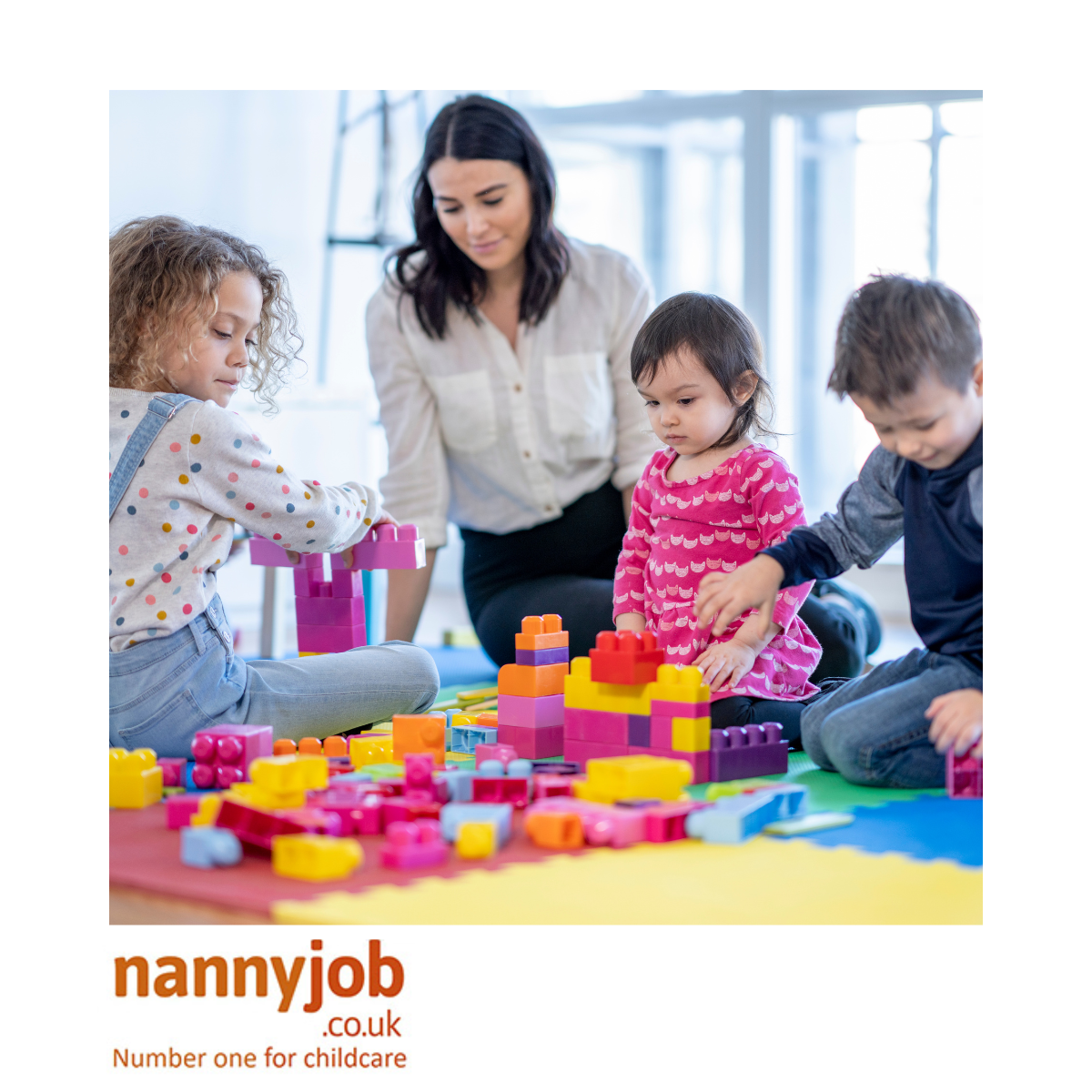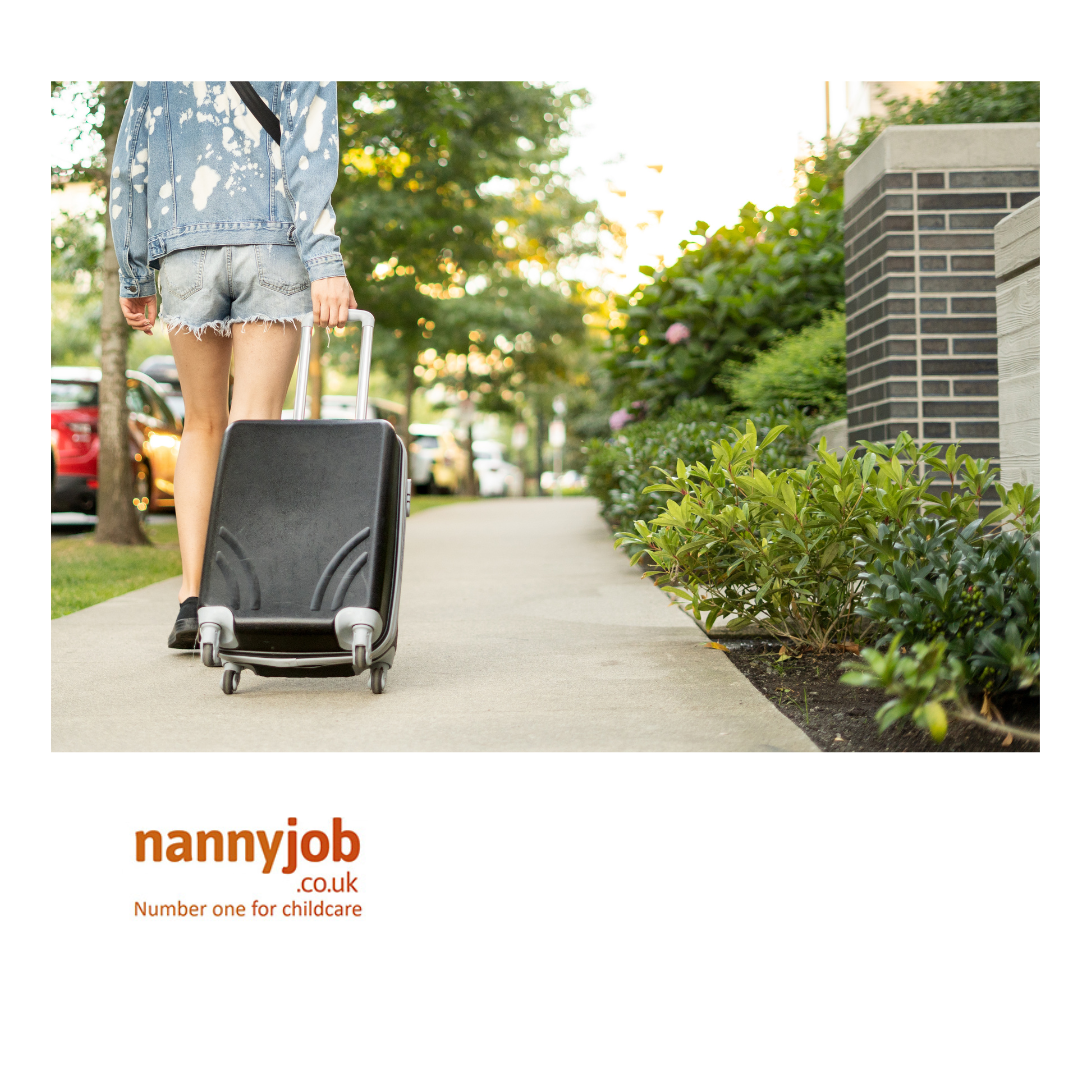As parents, we often celebrate the unique qualities of our children that make them who they are. However, when it comes to raising a strong-willed child, we may face some challenges in balancing their determination with the need for discipline and guidance. In this article, we will explore how to parent a strong-willed child without breaking their spirit, empowering them to become resilient, independent adults.
Respect their autonomy: Strong-willed children crave autonomy and control over their lives. Instead of fighting them on every decision, try to provide options and allow them to make choices within a set framework. This shows that you respect their independence while still maintaining boundaries.
Choose your battles: It’s essential to prioritize what’s worth fighting for and what’s not. Focus on issues that impact their safety, health, or morals, and let go of smaller conflicts.
Positive reinforcement: Praise your child’s good behaviour and acknowledge their efforts, even if they don’t always succeed. This encourages them to continue making positive choices.
Set clear expectations and consequences: Establish boundaries and make sure your child knows what is expected of them. Consistently enforce consequences when boundaries are crossed, but also be open to discussion and negotiation when appropriate.
Stay calm and composed: Strong-willed children can often push our buttons, but it’s important to remain calm during conflicts. By staying composed, you model appropriate behaviour and prevent the situation from escalating further.
Encourage problem-solving: Teach your child to analyse situations and produce their own solutions. This not only empowers them but also helps develop critical thinking skills.
Be a good listener: Take the time to genuinely listen to your child’s thoughts and feelings. This builds trust and opens the door for more effective communication.
Display empathy: Show your child that you understand their feelings and emotions, even if you don’t always agree with their actions. This fosters a stronger parent-child bond and makes them more receptive to your guidance.
Be consistent: Consistency in enforcing rules and consequences is crucial when parenting a strong-willed child. This helps them understand the limits and expectations set forth.
Model appropriate behaviour: As a parent, it’s essential to model the behaviour you want to see in your child. They will look to you as an example of how to handle various situations.
Raising a strong-willed child can be challenging, but with patience, understanding, and the right strategies, you can help them grow into confident, responsible adults without breaking their spirit.









 20 questions you need to ask at interview
20 questions you need to ask at interview